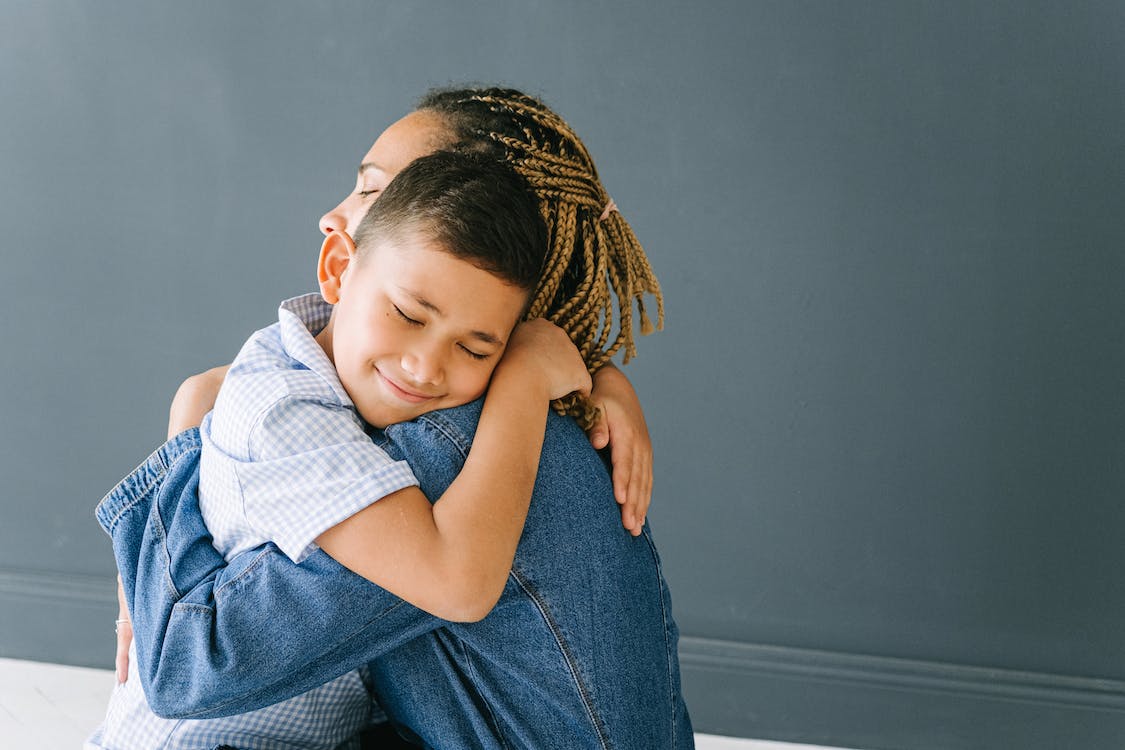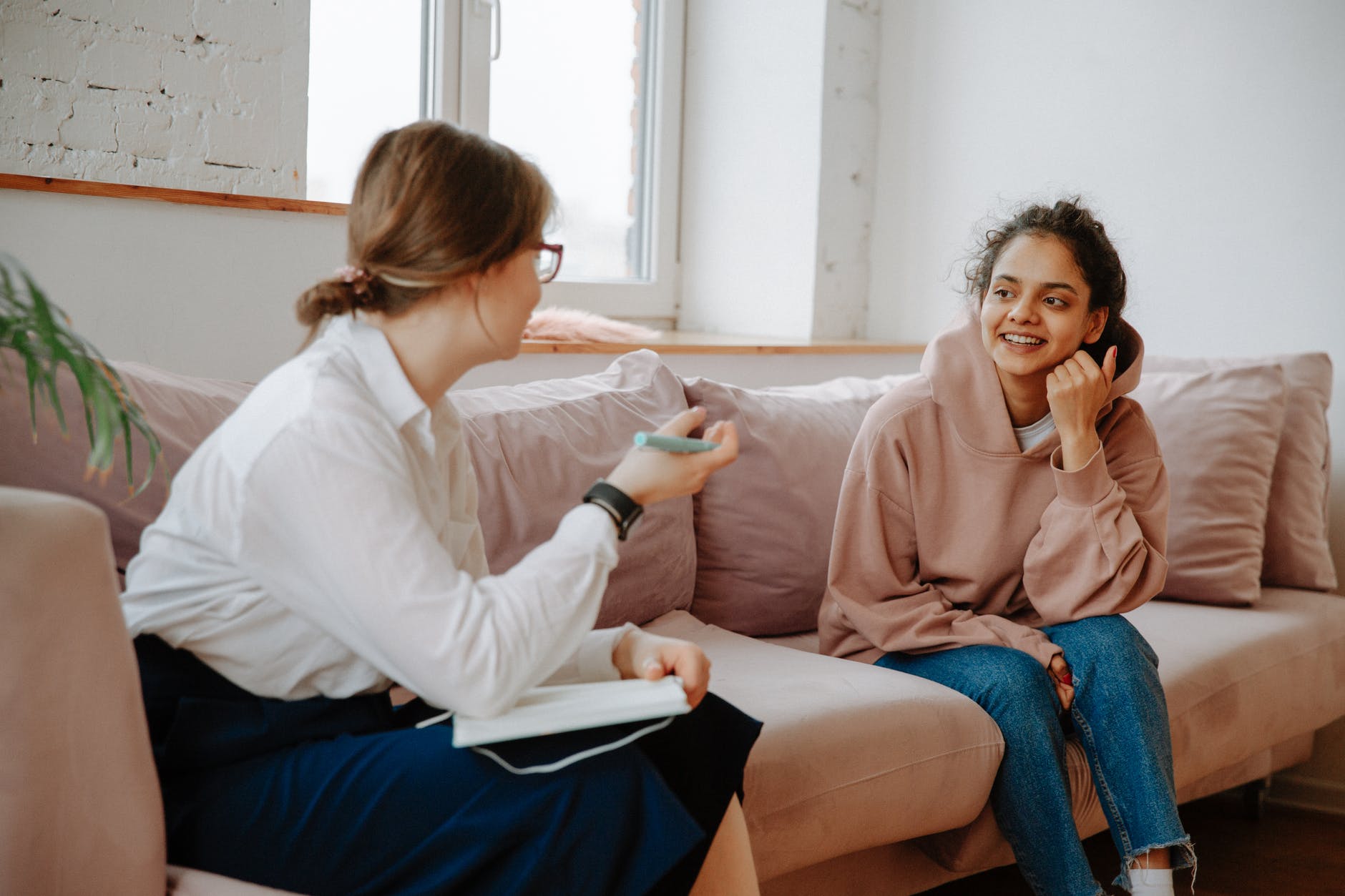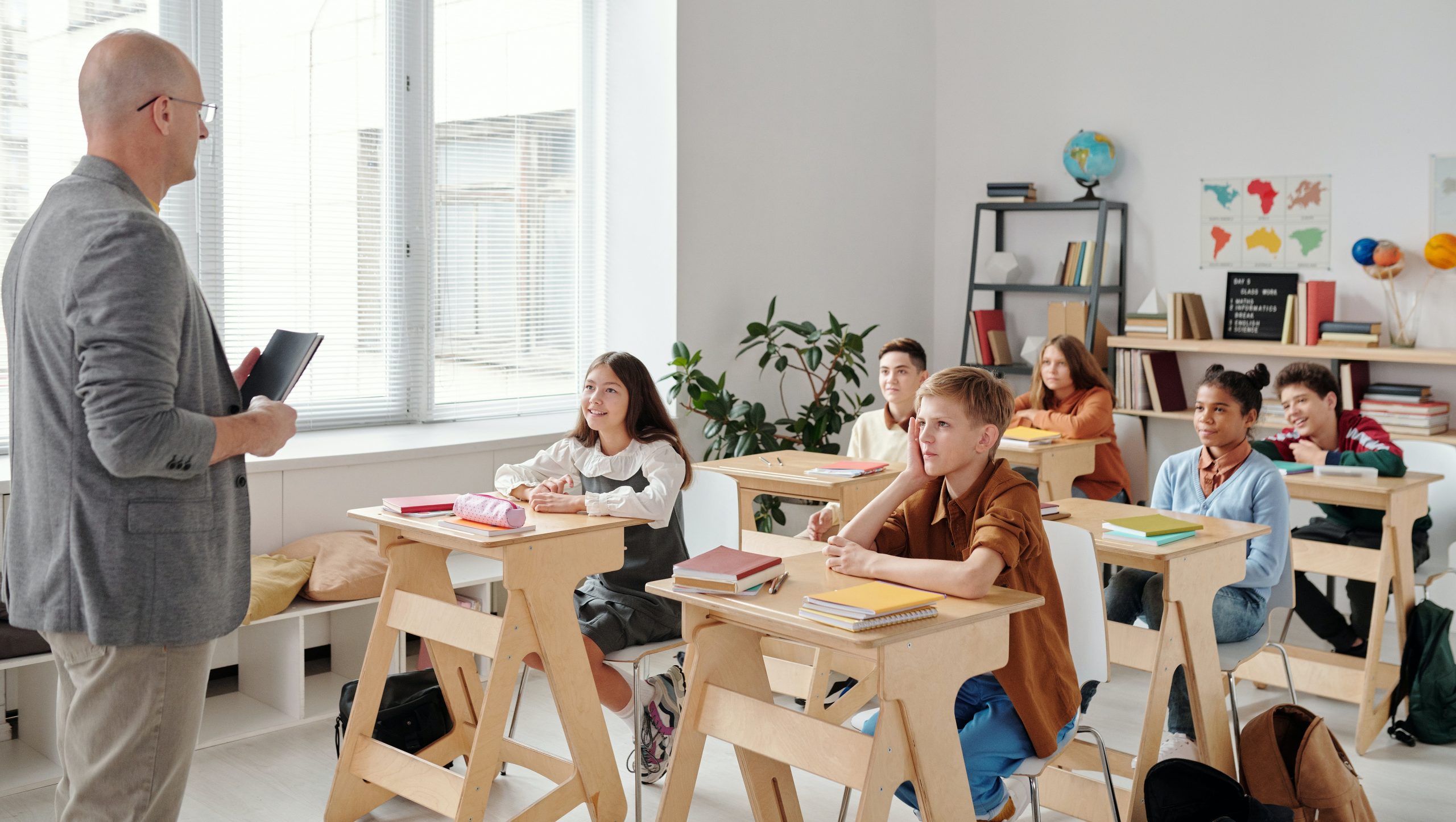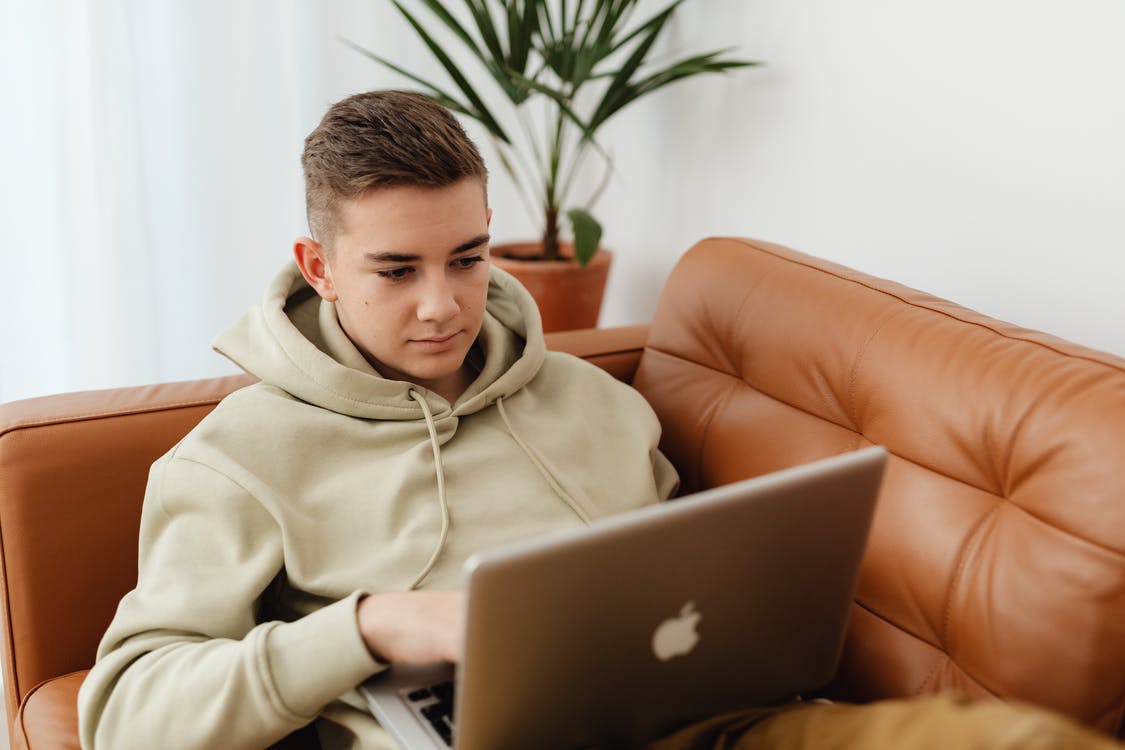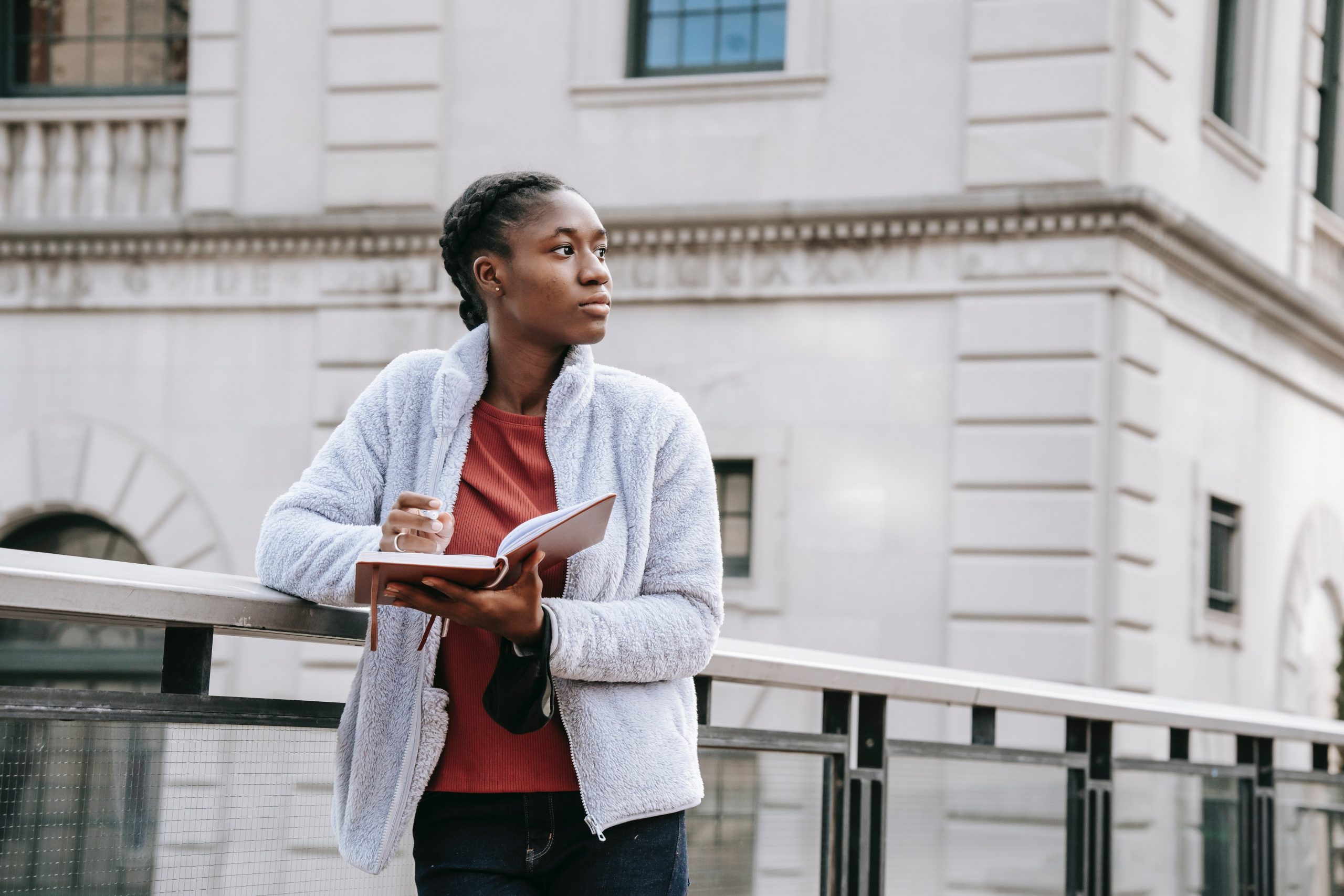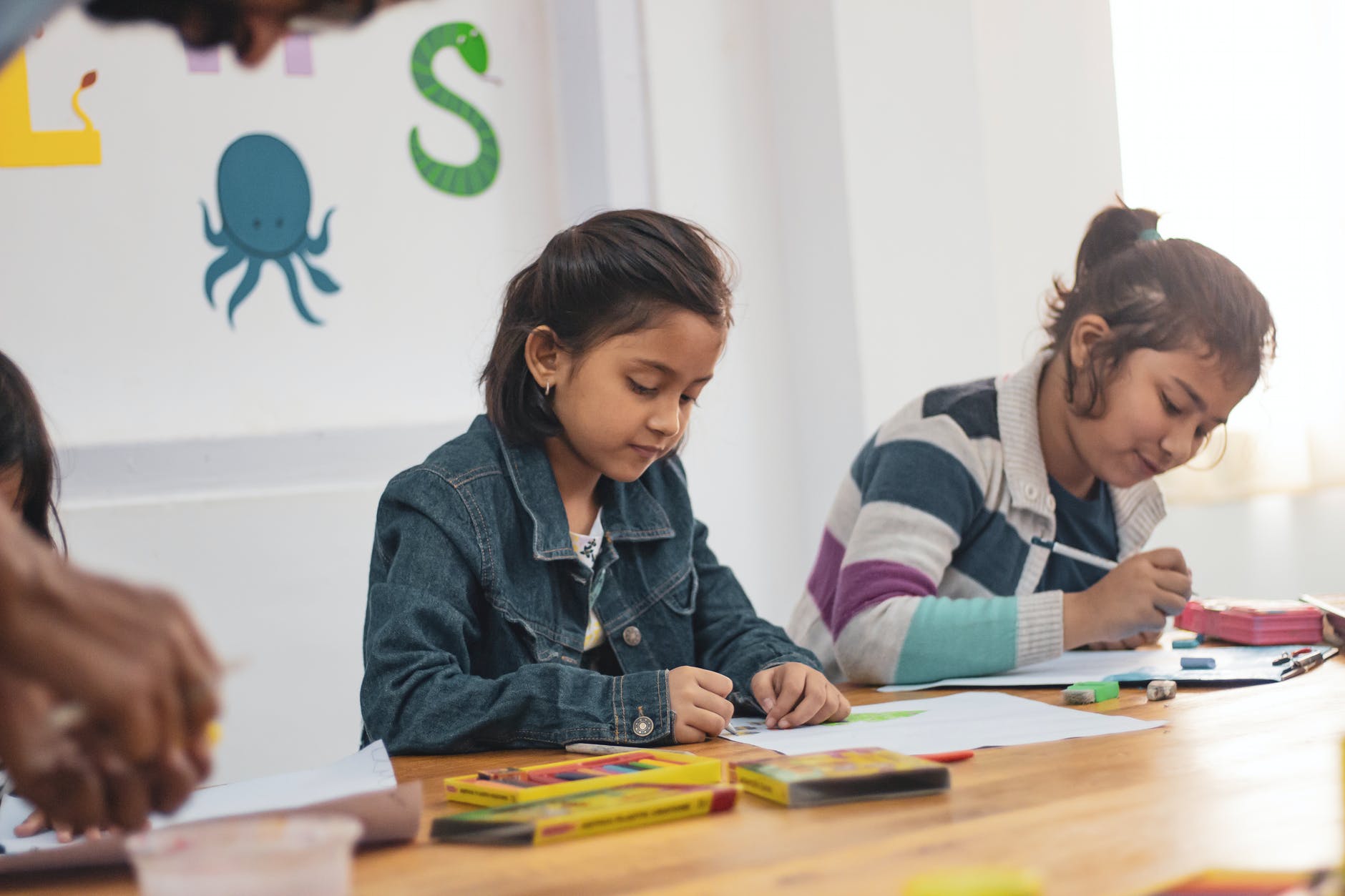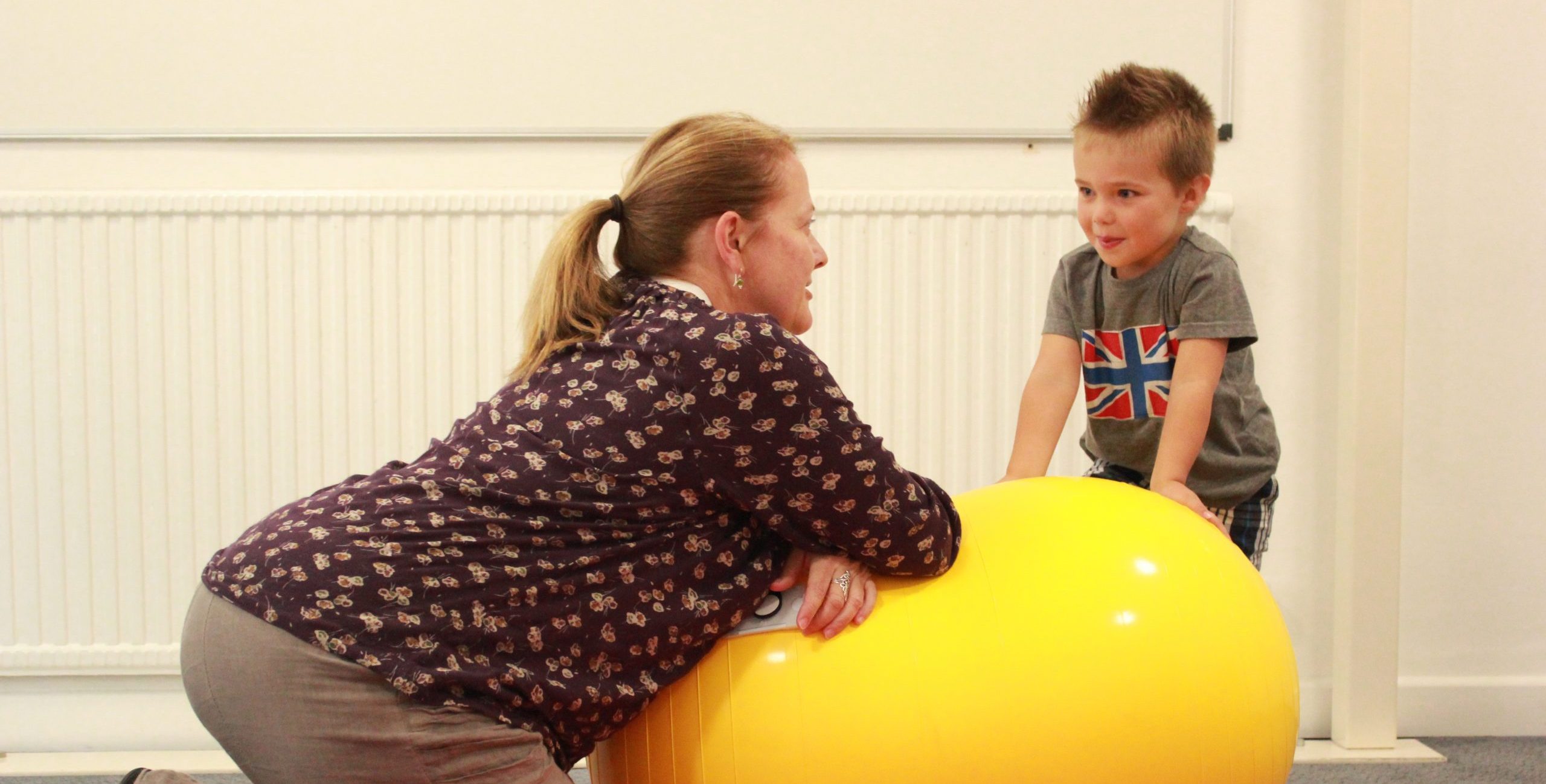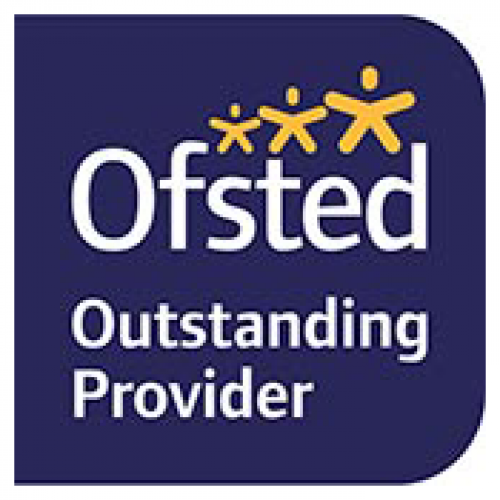Visualisation exercises and goal setting can be very effective strategies to boost your wellbeing, both by helping you to regulate your emotions, as well as promoting feelings of security, positivity, and achievement. Our Visualisation and Goal Setting resource explores the positive impact visualisation can have for supporting our mental health, and also guides you throw … Read more
 Psychology Associates
Psychology Associates
Protecting and supporting our mental health is just as important as looking after our physical health. This resource is a guide to improving your mental wellbeing by identifying and tackling triggers for stress and anxiety and by implementing positive and effective strategies for prioritising your mental health.
Did you know that your brain releases happiness chemicals that help to make you feel good? In our Daily Dose of Happiness resource, we explore the role of each of the four happiness chemicals, how deficiency can impact your wellbeing, and how to utilise practical strategies to naturally increase happy brain chemicals.
Resources for Adults Samaritans – You can access confidential emotional support at any time from Samaritans either by calling 116 123 or emailing jo@samaritans.org Mental Health Foundation – 10 minute mindfulness practice exercise narrated by Mindfulness expert, Professor Mark Williams, and features a series of breathing and visualisation techniques. https://www.mentalhealth.org.uk/podcasts-and-videos/mindfulness-10-minute-practice-exercise Resources for Young People Helplines for Young People: SHOUT- free … Read more
Taking a few moments each day to practice mindful breathing is proven to help relax your body, calm your mind, and support your wellbeing. These exercises are also useful methods of self-regulation, which is the way we manage our behaviours, emotions and our thoughts – particularly those emotions that can become disruptive. When we self-regulate, … Read more
Mindfulness is the practice of being fully present in the moment and paying attention to your thoughts and feelings, and to your environment. We explore the many significant benefits of mindfulness for our mental health and wellbeing, and share practical ideas for incorporating mindfulness techniques in your daily routine.
Our What to Expect from Your Child’s Occupational Therapist (OT) resource provides a helpful overview of what your child’s OT will explore with you and your child in order to understand and support your child’s sensory needs, and the process of Occupational Therapy Services at Psychology Associates.
Gratitude is essentially a positive emotion, and involves taking the time to notice what is good in our lives and to notice all the little things we so often take for granted. It can help to transform the lens through which we see the world and our lives, shifting our focus from the negative aspects … Read more
Burnout is the feeling of emotional, mental and physical exhaustion, and can be caused by prolonged experiences of relentless stress without adequate and healthy coping strategies or helpful support. Our Recovering from and Preventing Burnout Resource outlines the key symptoms and impacts of burnout, as well as sharing our guidance for recovering from burnout and … Read more




